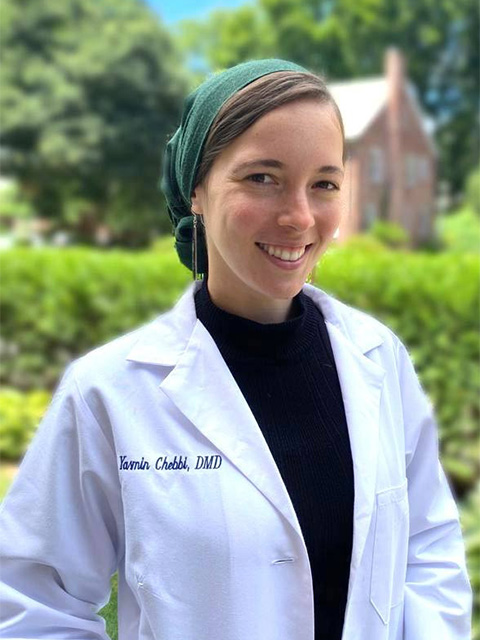Bio Scanning for biocompatibility
Every individual is unique. Your care and the products we use should be personalized to you.
Biocompatibility testing is crucial before any dental procedure to ensure that the materials and products used do not cause adverse reactions in patients. Dental materials such as fillings, crowns, implants, and even temporary solutions are in direct contact with the oral tissues. If these materials are not biocompatible, they can trigger allergic reactions, inflammation, toxicity, or even long-term health issues. Therefore, thorough biocompatibility testing helps to minimize these risks, ensuring that the products are safe and effective for patient use.

All members of the staff that I interacted with were awesome. The space is new and clean, the vibe is calm, and the available products and recommendations were right in line with my needs and desire to avoid the toxic elements of dental procedures and products. I am very happy that I switched to this practice and I look forward to many more years of a holistic approach to dentistry with this amazing team of professionals.
The importance of biocompatibility testing is underscored by the diversity in individual patient responses to various materials. Factors such as existing allergies, sensitivities, and immune responses can significantly affect how a patient reacts to dental materials. Testing ensures that materials will not only perform their intended function but also integrate seamlessly with the body’s natural processes. This is particularly important for procedures involving implants or extensive restorative work, where materials will remain in the body for prolonged periods.
Bioscan is an advanced technology that can be used to assess biocompatibility efficiently. Bioscan systems utilize a combination of biofeedback and computerized analysis to evaluate how a patient's body responds to specific materials. The process typically involves non-invasive scanning that measures physiological responses, providing real-time data on how the patient's body interacts with different dental materials. This method allows for personalized assessment, ensuring that the selected materials will not provoke adverse reactions and will be safe for long-term use.
Using Bioscan for compatibility testing before dental procedures enhances the precision and safety of dental care. It allows us to tailor treatments based on the individual biocompatibility profile of each patient, reducing the risk of complications and improving overall treatment outcomes. This approach aligns with the growing trend towards personalized medicine, where treatments are customized to fit the unique needs and conditions of each patient. In conclusion, biocompatibility testing, supported by technologies like Bioscan, is a vital step in modern dental practice, ensuring safer and more effective patient care.
Call us Contact us



